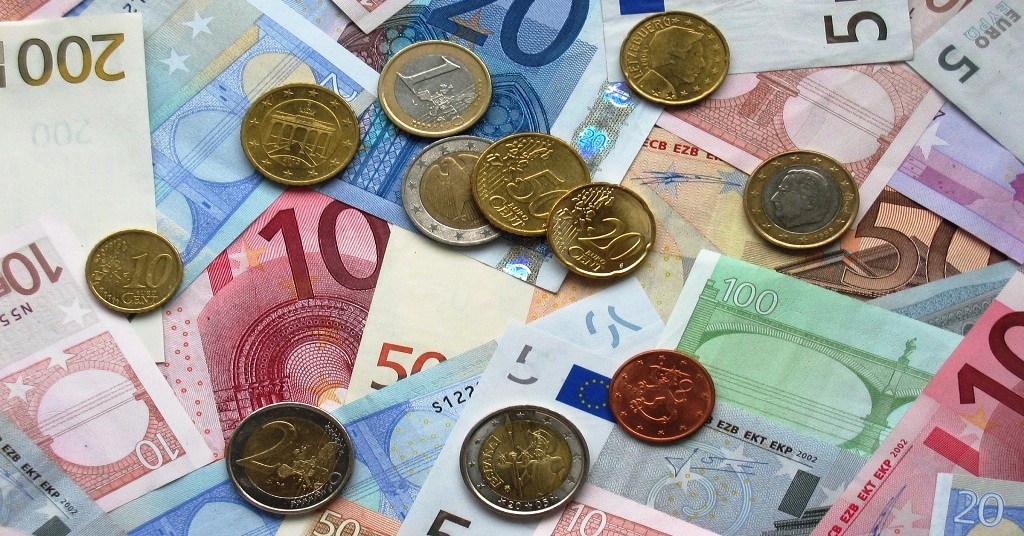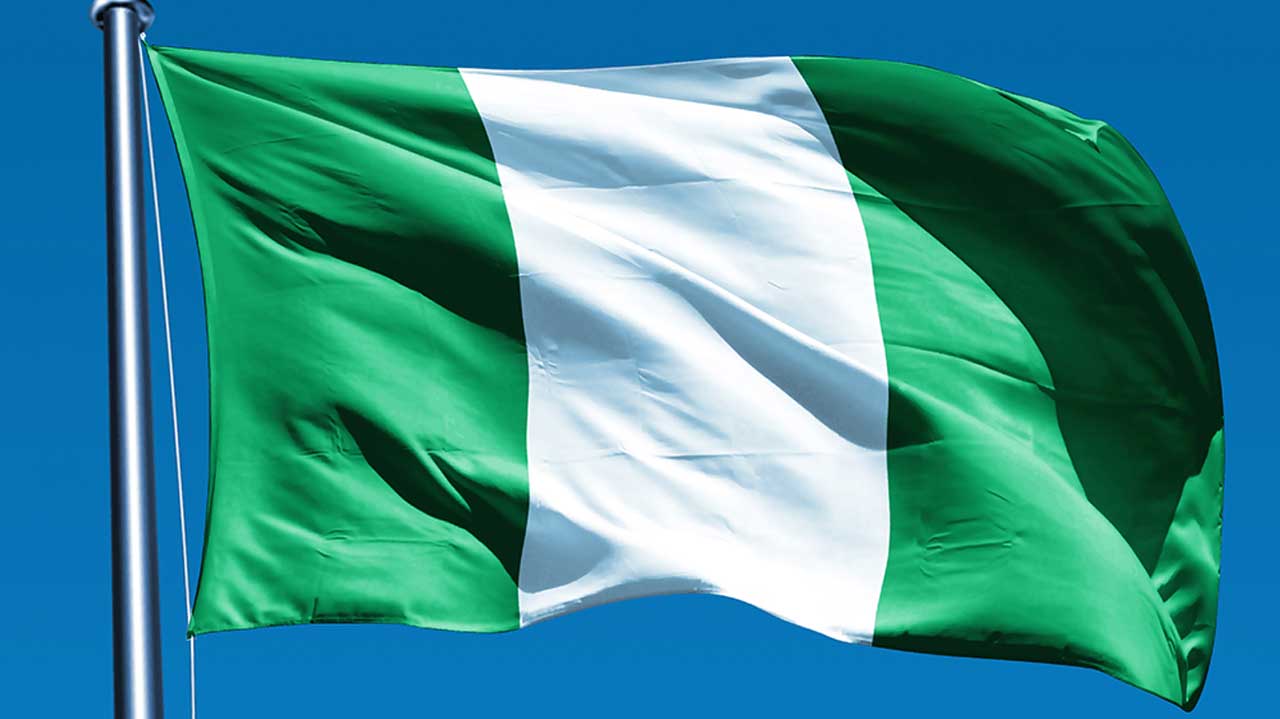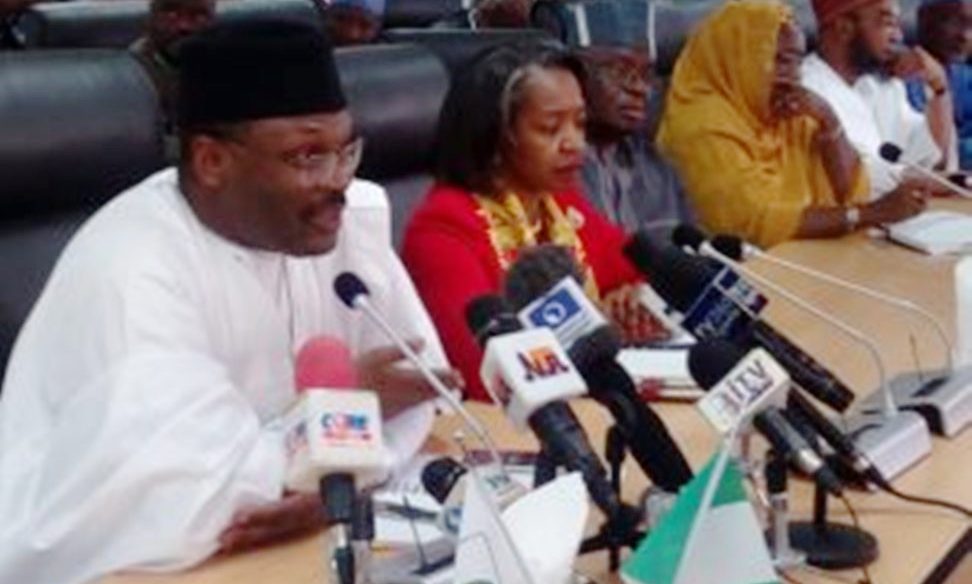Exactly 20 years ago, on 1 January 1999, 11 European Union (EU) countries launched a common currency, the euro, and introduced a shared monetary policy under the European Central Bank.
TheNewsGuru reports the euro, Europe’s common currency, turns 20 on 1 January 2019.
The historic moment was a milestone on a journey driven by the ambition of ensuring stability and prosperity in Europe.
Today, still young, the euro is already the currency of 340 million Europeans in 19 Member States.
“It has brought tangible benefits to European households, businesses and governments alike: stable prices, lower transaction costs, protected savings, more transparent and competitive markets, and increased trade.
“Some 60 countries around the world link their currencies to the euro in one way or another, and we can and are doing more to let the euro play its full role on the international scene. Other EU Member States are expected to join the euro area once the criteria are met,” an EU Council statement read.
To mark the 20th anniversary of the euro, the five Presidents of the EU institutions and bodies most directly responsible for the euro, the European Commission, the European Parliament, the European Council, the European Central Bank and the Eurogroup, commented on the 20 years of the single currency and on its future.
“The creation of the euro 20 years ago — alongside the liberation of Central and Eastern Europe and the reunification of Germany— was a pivotal moment in European history.
“Our common currency has since matured into a powerful expression of the European Union as a political and economic force in the world. Despite crises, the euro has shown itself resilient, and the eight members which joined the original 11 have enjoyed its benefits.
“As the world keeps changing, we will keep upgrading and strengthening our Economic and Monetary Union,” said Donald Tusk, President of the European Council.
Jean-Claude Juncker, President of the European Commission, said: “As one of the only signatories of the Maastricht Treaty still politically active today, I remember the hard-fought and momentous negotiations on the launch of the Economic and Monetary Union.
“More than anything, I recall a deep conviction that we were opening a new chapter in our joint history. A chapter that would shape Europe’s role in the world and the future of all its people. 20 years on, I am convinced that this was the most important signature I ever made.
“The euro has become a symbol of unity, sovereignty and stability. It has delivered prosperity and protection to our citizens and we must ensure that it continues to do so. This is why we are working hard to complete our Economic and Monetary Union and boost the euro’s international role further”.
Antonio Tajani, President of the European Parliament, said: “The euro is more popular today than ever: three out of four citizens believe it is good for our economy. In order for Europeans to benefit fully from the jobs, growth and solidarity that the single currency should bring, we must complete our Economic and Monetary union through genuine financial, fiscal and political Union. This will also allow Europe to better shield its citizens from potential future crises”.
Mario Draghi, President of the European Central Bank, said: “The euro was a logical and necessary consequence of the single market. It makes it easier to travel, trade and transact within the euro area and beyond.
“After 20 years, there is now a generation who knows no other domestic currency. During that time, the ECB has delivered on its main task of maintaining price stability. But we also contribute to the well-being of euro area citizens by developing safe, innovative banknotes, promoting secure payment systems, supervising banks to ensure they are resilient and overseeing financial stability in the euro area”.
Mário Centeno, President of the Eurogroup, said: “The single currency has been one of the biggest European success stories: there can be no doubt about its importance and impact over the first two decades of its history.
“But its future is still being written, and that puts a historic responsibility on us. The euro and the close economic cooperation that it entails has evolved over time, overcoming challenges in its way.
“It has come a long way since the start, and it has seen important changes in the wake of the crisis to help us leave the hardship behind. But this work is not yet finished, it requires continuous reform efforts in good times as in bad times.
“There can be no doubts of our political will to strengthen the Economic and Monetary Union. We need to be prepared for what the future may hold – we owe that to our citizens”.
However, as the EU marks the euro’s 20th anniversary, the Economic Community of West African States (ECOWAS) yet battles with a single currency for the region.
Giving update on ECOWAS single currency recently, Chairman of the ECOWAS Council of Ministers, Mr Geoffrey Onyeama says achieving the ECOWAS Single Currency by 2020 will be a challenge.
Onyeama said this while responding to questions from newsmen at the end of the 54th Ordinary Session of the ECOWAS of Heads of State and Government in Abuja on Saturday.
The chairman, who is Nigeria’s Foreign Affairs Minister, said that there were certain criteria that needed to be fulfilled for a region to achieve single currency, and which were not yet fully addressed.
“There is a roadmap, the convergence criteria that have to be satisfied before we can really get to the stage of a single currency.
“In ECOWAS, we have a group of countries that in essence almost have a single currency mechanism in place and we have other countries that have their own currencies and being able to align all these is going to take some time.
“It will be a challenge to achieve the single currency by 2020 but all the efforts are being made,” he said.
Onyeama said however that the central bank governors, finance ministers and experts in the region were working towards ensuring that the set timeline was achieved.
“The political will is there and it is really a question to see whether the economic and fiscal realities will converge with the political aspirations,” he said.
Also speaking, the President of the ECOWAS Commission, Mr Jean-Claude Brou said the region had made very good progress in its efforts to ensure free movement of people among member states.
Brou said that part of the efforts was to have biometric identity card for all citizens in the region to promote security and facilitate the achievement of the single currency.
His words, “Three countries in ECOWAS are already using the ECOWAS Biometric Identity card, so we are urging other countries to do it.
“It has security features and that will also increase security in the region and at the same time, not prevent free movement of goods and persons which is a very important step of the single market.”
The launch of the euro marked the culmination of a long journey that had begun long before.
The global monetary turmoil of the 1970s and 1980s had exposed individual European countries and called for European solutions.
Moreover, with the establishment of a single market, it would be easier to work and trade if Europeans would start to use a single currency.
After decades of early discussions on how an Economic and Monetary Union could be achieved, in 1988 the Delors Committee was set up.
Under the chairmanship of then Commission President Jacques Delors, it examined specific, gradual steps towards such a single currency.
The agreement that political leaders subsequently signed in 1992 in Maastricht brought the single currency to life, building on the report of the Delors Committee and the ensuing negotiations.
As such, the signing of the Maastricht Treaty became a symbolic moment in the move towards the euro.
In 1994, the European Monetary Institute (EMI) started its preparatory work in Frankfurt for the European Central Bank (ECB) to assume its responsibility for monetary policy in the euro area. As a result, on 1 June 1998, the ECB became operational.
On 1 January 1999, the euro was launched, becoming the official currency of 11 Member States, with monetary policy responsibilities given to the European Central Bank and the Eurosystem.
After three years of appearing on people’s bank statements alongside national currencies, euro banknotes and coins arrived in 12 countries, which thereby participated in the largest currency changeover in history.
The original members were Austria, Belgium, Finland, France, Germany, Ireland, Italy, Luxembourg, Netherlands, Spain and Portugal. Greece joined in 2001. Since then, a further seven Member States have introduced the euro (Cyprus, Estonia, Latvia, Lithuania, Malta, Slovakia and Slovenia).
The second most used currency in the world, the euro has come a long way from the first discussions in the late 1960s to being the currency of 340 million Europeans and used by a further 175 million worldwide.
It is the second most important international currency, with around 60 countries in the world using it or linking their own currency to the euro. It is a safe store of value for international central banks, used for issuing debt worldwide and widely accepted for international payments.
Ten years after the financial crisis shook the world, the architecture of Europe’s Economic and Monetary Union has been significantly reinforced but more work remains to be done.
Building on the vision set out in the Five Presidents’ Report of June 2015 and the Reflection Papers on the Deepening of the Economic and Monetary Union and the Future of EU Finances of spring 2017, the European Commission set out a roadmap for deepening the Economic and Monetary Union.
In December, EU Leaders also agreed to work towards strengthening the international role of the euro as part of this journey.
A single currency for the benefit of all Europeans
Public support for the euro has been consistently high in the EU, especially in the countries already using the euro.
A majority of 74% of respondents across the euro area said that they thought the euro was good for the EU; this is the same as the record high score set last year and confirms that popular support for the euro is at its highest since surveys began in 2002.
A majority of 64% of respondents across the euro area also said that they thought the euro was good for their own country.
36% of Europeans identify the euro as one of the main symbols of the European Union, the second highest behind ‘freedom’ as a symbol. It has brought visible and very practical benefits to European households, businesses and governments alike: stable prices, lower transaction costs, more transparent and competitive markets, and increased trade. It makes travelling and living abroad easier, and savings protected.



